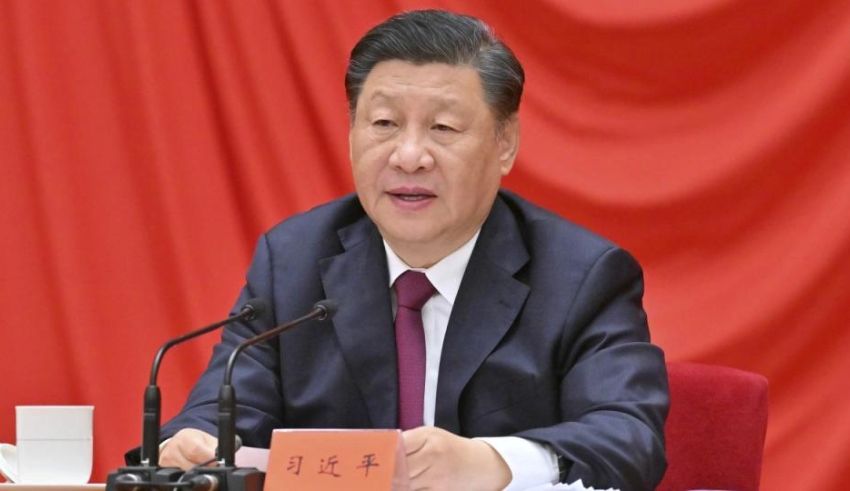
In his latest call to secure online data and information, President Xi Jinping underscored the need to build a “solid” security barrier around China’s internet under the supervision of the ruling Chinese Communist Party (CCP).
Delivering instructions to officials attending a two-day cybersecurity meeting in the capital Beijing, the leader said China must persist in managing, operating and ensuring access to the internet in accordance with the law. The meeting ended on Saturday.
Security has been at the forefront under Xi’s rule, with his concept of security addressing everything from the economy and politics to the environment and internet. China passed a national security law in 2015 with a broader scope to include its cyberspace.
A law passed the following year contained requirements for security reviews and for information to be accumulated on servers in China. The country released rules concerning ‘critical information infrastructure’ in 2021.
Keep Reading
Navigating China’s Dense Network Of Regulations
Taking the importance of preserving security a level higher, lawmakers updated anti-espionage legislation this year, broadening the definition of spying and prohibiting the transfer of information related to national security.
Companies encounter a number of risks while navigating China’s dense network of rules and laws surrounding online data and information. Police visited Bain’s Shanghai office and questioned some staff, the US consultancy firm said in April.
The police even took away phones and computers, The Financial Times reported, quoting people briefed on the surprise visit. Reportedly, the Asian country’s biggest financial data provider Wind Information Co was asked last year to stop providing certain data to offshore users.
Chinese authorities launched a cybersecurity probe into Didi Global in 2021. It came just a couple of days after the ride-hailing giant went public in the US – making its public debut on The New York Stock Exchange (NYSE) at a price of $14 a share.


























